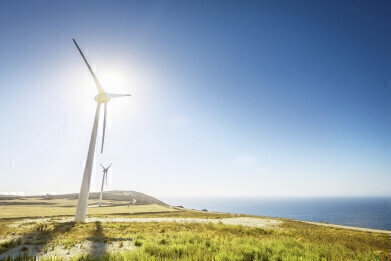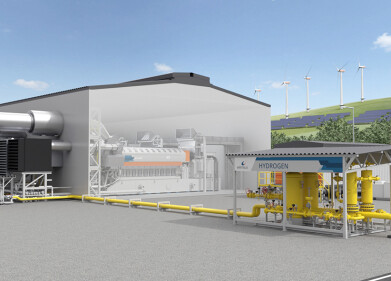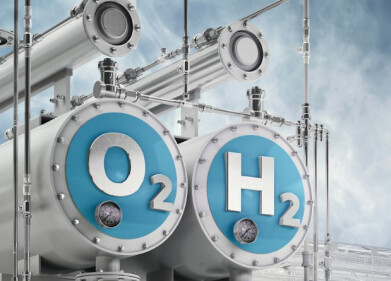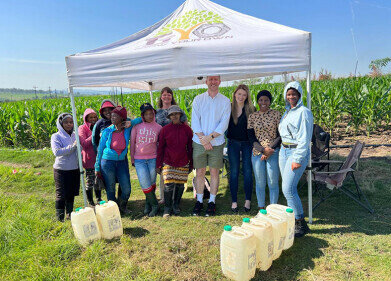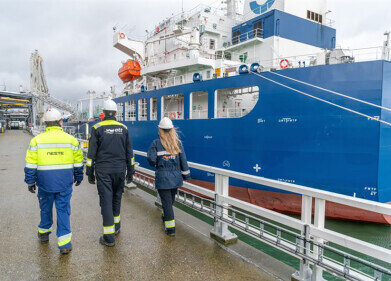Green Energy
Study Shows Hydropower’s Surprising Downsides
Mar 15 2017
Hydropower has enormous importance in the world of clean energy policy. In 2015, electricity generated by hydropower accounted for more than 85% of global renewable electricity generation. Irrigation has similar global importance: while the sector accounts for only 28% of global harvested area, irrigated agriculture produces 40% of our food.
The two goals often come into direct competition, however, according to a groundbreaking paper based on a collaborative project between the International Food Policy Research Institute (IFPRI) and University of Illinois at Urbana-Champaign (UIUC) under the CGIAR Research Program on Water, Land and Ecosystems.
“While it sounds sensible that hydropower development supports irrigation through timely availability of irrigation supplies,” explained Claudia Ringler at IFPRI, “we found that 54% of global installed hydropower capacity – an amount totaling 507 Gigawatts (GW) – directly competes with irrigation, meaning that increased hydro-electricity production might reduce food security.”
Such competition exists in the Central United States, northern Europe, India, Central Asia and Oceania. But this isn’t always the case. The authors also found that 8% of globally installed hydropower capacity – around 79 GW – actually strengthens irrigation, particularly in the Yellow and Yangtze River Basins of China, the East and West Coasts of the United States and most river basins of Southeast Asia, Canada and Russia. No significant relationship was found for the rest of the world.
Prof. Ximing Cai at UIUC and PhD student Ruijie Zeng note that these relationships are particularly important under a changing climate. “Regions, such as parts of Canada, Russia and Northern China whose hydropower-irrigation relationship would benefit from climate change, could start to expand cross-border energy trade or develop regional power pools with those regions or countries where decreased precipitation or higher potential evaporation reduces hydroelectricity generation,” said Zeng.
Ximing adds that “this study should serve as a wake-up call for regions vulnerable to future climatic changes. They need to find solutions, such as increased food or energy trade from other regions that successfully balance the need for increased irrigation with more carbon-free energy.”
Events
Jul 10 2024 Birmingham, UK
Jul 21 2024 Cape Town, South Africa
Australasian Waste & Recycling Expo
Jul 24 2024 Sydney, Australia
IWA World Water Congress & Exhibition
Aug 11 2024 Toronto, Canada
Aug 25 2024 Stockholm, Sweden and online
